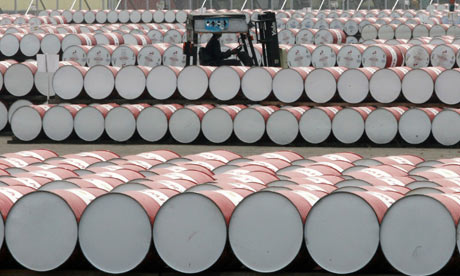Inara for Renewable Energy intends to implement projects for the production of energy from solar and wind stations and the recycling of waste, at a total capacity of 300 MW, in five years.
The investment needed for the five-year projects is $300m, said Sherif El-Gabali, managing director and chief executive officer.
The projects will be implemented in cooperation with Chinese companies through a partnership with Inara. The company focuses on the implementation of projects to produce energy from solar stations, wind, and waste recycling in Egypt.
He pointed to Inara’s participation in the feed-in tariff programme, through qualifying as a local developer of projects and throughout the development stages of the programme, tenders, arranging investments, land allocation, and financing to reach financial closure.
After the success of Inara, together with China’s Tebian Electric Apparatus (TBEA), in qualifying for two solar projects of 100 MW in the feed-in tariff programme, it joined the Spanish Acciona alliance and Swicorp to reach a financial agreement for three solar power stations in Benban in Aswan, with a capacity of 150 MW.
The projects are funded through international developmental financing institutions, including the International Finance Corporation (IFC), China Industrial and Commercial Bank (ICBC), and Asian Infrastructure Investment Bank (AIIB).
The Egyptian Electricity Transmission Company will purchase solar power for 25 years at 8.4 US cents per kWh. Foreign banks will finance 70% of the value of each project, while the rest will be managed through local banks or private companies.
The method of payment for solar projects includes 30% of the value of the tariff and is charged at EGP 8.88 per dollar, the exchange rate of the pound against the dollar at the time of issuing the tariff, while 70% of the value of the tariff is charged at the exchange rate of the pound against the dollar on the due date.
“The desire for local banks to finance renewable energy projects has increased significantly with the success of the feed-in tariff programme, which has helped to meet the challenge of finding the right financing for the company’s projects,” he said.
He expressed enthusiasm for working with local financial institutions in financing the renewable energy sector, which was considered very complex a few years ago, but the situation has now changed dramatically.
He added that Egypt is the largest market in the region and has about 30% of its renewable energy capacity. “We hope this will be the start of strong partnerships with Chinese investors and institutions interested in new and renewable energy projects,” he added.
He said the government has succeeded in setting the legal framework for investment in new and renewable energy projects, including incentives such as net metring, which allows consumers to sell surplus electricity.
He stressed that the company’s strategy to support local components in new and renewable energy projects aims at providing support to its international partners with a focus on the localisation of components at about 30% of the total investments.
He added that local components will gradually increase to 80% in the next five years in parallel with the support of national institutions for new and renewable energy projects.
The government has set up a plan for new and renewable power plants to produce 20% of the total capacity produced on the electric grid by 2022 and has put forward several competitive tenders for international companies to implement the projects.
El-Gabali said that in Africa and the Middle East, Inara Capital in the UAE, in cooperation with the parent company of TBEA (Xinte Energy Co), is seeking to establish an investment fund to develop a total investment of $1bn in renewable energy in the region.
He pointed out that Chinese partners’ contribution will not be limited to financial support but will extend to technical expertise in the implementation of new and renewable power plants.




